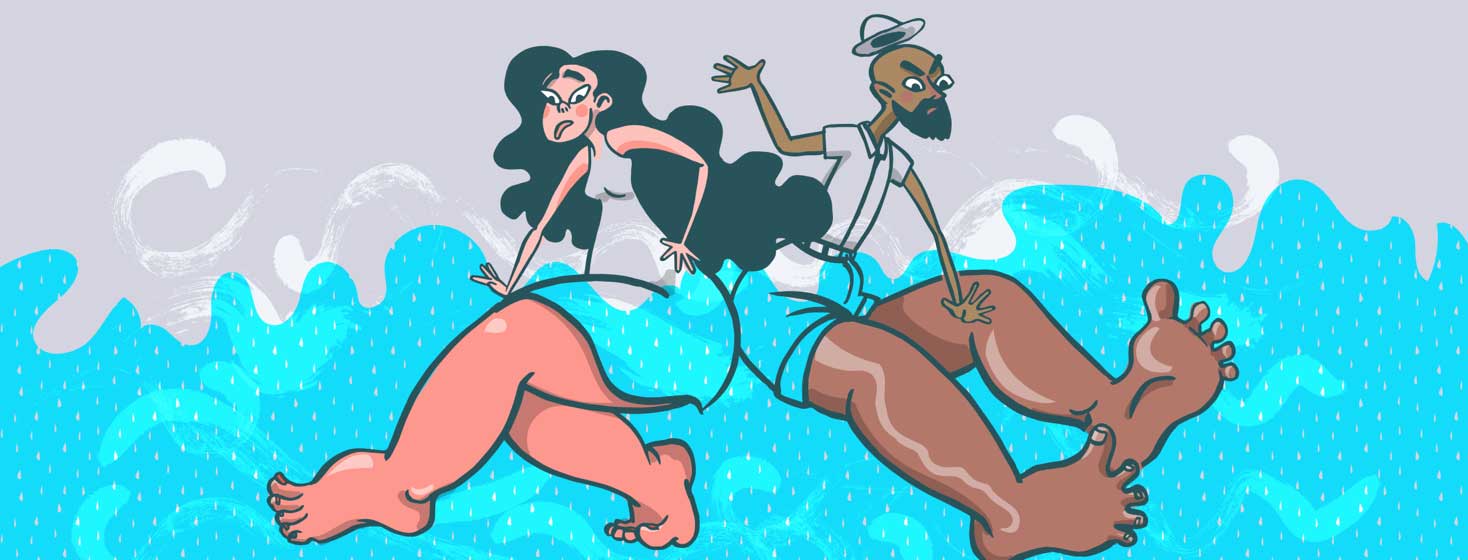How I Manage Fluid Overload
Fluid overload is one of the scariest common complications with heart failure. It looks terrible and is an obvious sign and reminder that you have heart failure, and at this point in time, it isn’t controlled as well as you wish it was. There are some ways that can help you control fluid overload or reduce it when you have it without going to the hospital. The only thing I ask is that you don’t put your health or life in jeopardy by trying these when you have a true need for a physician. These are to help with mild fluid overload before it becomes a potential issue with your health.
The magic of water
Only drink water. Water is the only fluid your body needs to maintain life. You don’t need coffee, soda, juice, or anything else you may drink. Most drinks besides water dehydrate you causing you to need to drink more. If you drink water, you can drink the minimum amount of fluids to stay hydrated. This is important when you are trying to shed fluid from your body. The less you take in, the more net loss you will have.
Measure your urine output
This isn’t the most fun thing to do, but you can get plastic containers that will catch and measure your urine. Use this to find out how much you will allow yourself to drink. Knowing your output will let you know how much you can drink and still have a net loss of fluid. I have no doubt this is the one people will follow the least, but ironically, it is the best indicator of what your body is doing. When it comes to correcting this issue, you need to know exactly what is going on and not guess.
More measuring of the body
Measure where you are holding the extra fluid. If you are retaining fluid in your ankle or calves, measure them and monitor it. Same with your abdomen or anywhere else you may be holding extra fluid. This is supposed to reduce in size when taking a diuretic and limiting fluid intake. Daily weights can help and are the standard for monitoring fluid retention, but don’t give specifics on what is happening in the problem areas. Many people retain fluid in the same area so daily measurements may be another way to monitor fluid retention and let you know when you need to start stepping up measures to combat retention.
Limit fluid intake
Lastly, you can limit fluid intake as much as possible. I know when I have fluid retention, I am able to shed that extra fluid when I limit what I drink. If your body eliminates extra fluid and pulls it from the problem areas, it should keep your circulatory system at a point where you stay hydrated. In theory, you shouldn’t really need to drink much, if anything, to stay hydrated. This changes when you take a diuretic because you are pulling off fluid very quickly, probably faster than your body can reabsorb retained fluid. This is a tough one because diuretics can be rough on the kidneys when dehydrated, but if you drink while you are urinating fluid from a diuretic, you keep your circulatory system full to where your body won’t reabsorb that extra fluid. This is where measuring your urine can help you stay in a deficit, but not to the point it is dangerous. Of course, when in doubt, ask your physician for advice and again, never put yourself in danger.

Join the conversation